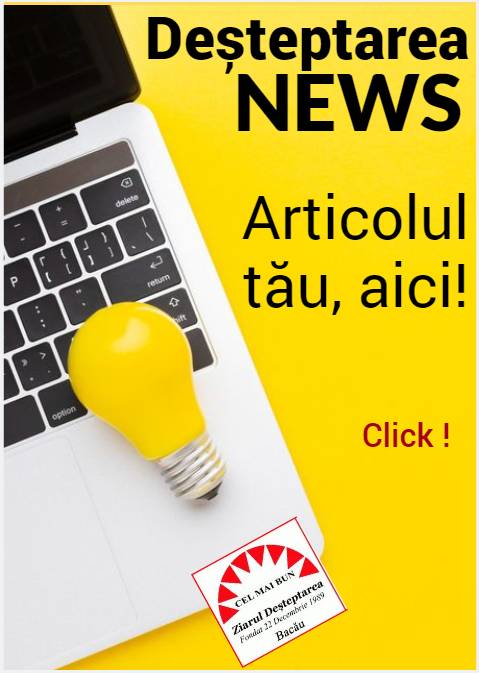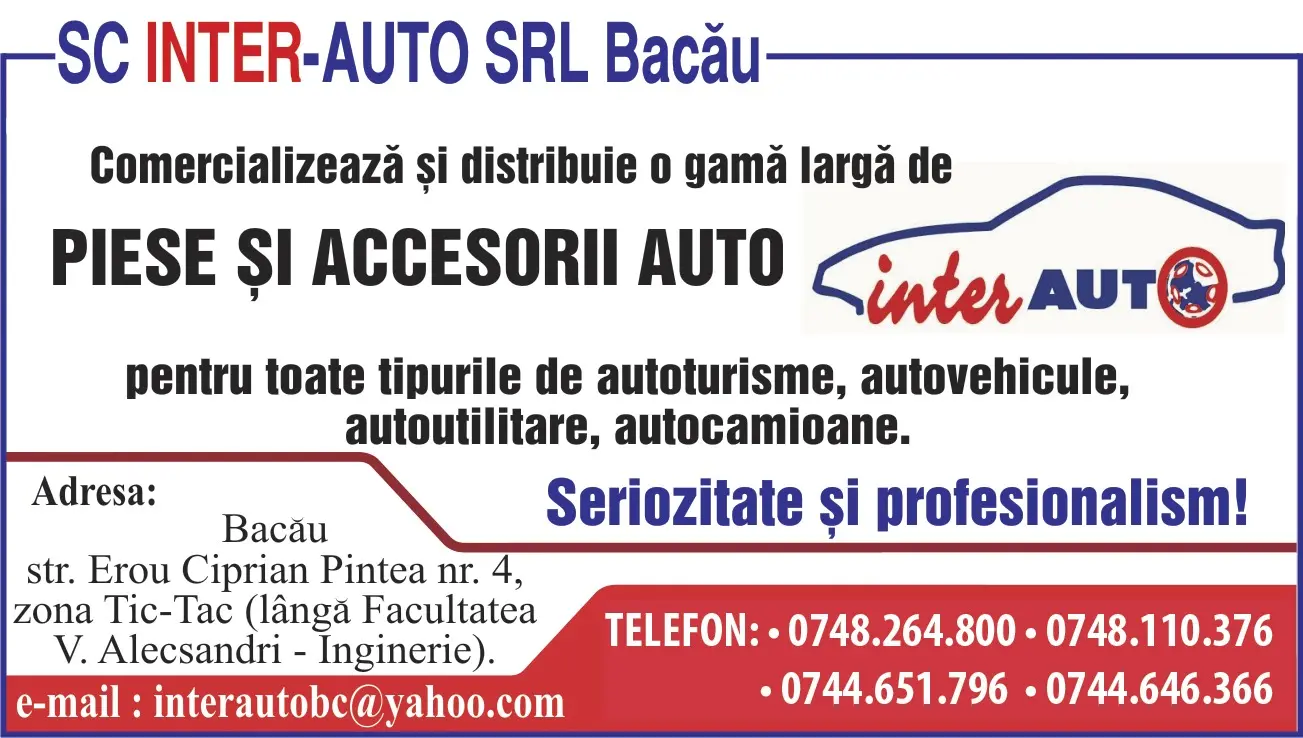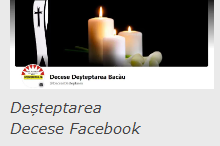* Interview with Dinu Păncescu, Administrator of the Stray Dog Management Service at Bacău City Hall
Dinu Păncescu discusses the recent success in the European „VETO Marathon” competition—a contest gathering shelters from various countries and awarding winners substantial prizes in the form of animal food. Winning the 20-ton food prize was the result of impressive mobilization from the local community, as well as joint efforts between local authorities and partners in Germany. Păncescu highlights daily challenges, like insufficient staff and a high workload, but also notes the initiatives aimed at improving conditions for the shelter dogs and reducing dog abandonment.
Could you tell us about the competition in Germany that the shelter won and what it involved?
“The VETO Marathon” is Europe’s largest annual competition with food prizes. Each year, 20 prizes of 20 tons of food each are up for grabs. But the competition is huge; this year, 106 shelters from Germany, Italy, Spain, Portugal, Hungary, Greece, Poland, Turkey, Serbia, Croatia, and Romania participated. VETO, a lesser-known organization in Romania, is a Germany-based association that includes some of Europe’s largest animal protection NGOs. Participation is possible only if an authorized association in Germany files the application. In our case, my good friends from „Wir retten Hunde e.V.,” led by Ms. Ingrid Blank, submitted the paperwork for Bacău City Shelter’s candidacy. Following a review of the documents, we were approved to enter the contest. Animal lovers across Europe view the profiles of the competing shelters and vote for their favorite. The top 20 shelters win a prize.
What motivated you to enter this contest?
The motivation came from our German partner, who encouraged me to try. Knowing the strong organizations from other countries, I only accepted the invitation after reaching out to multiple animal-loving influencers in Romania. The support from Bacău City Hall leadership, Mayor Stanciu Viziteu, and Ms. Andreea Negru, who pledged to promote the voting link on the City Hall’s pages, also mattered a lot. The competition lasted 14 days and was much tougher than I expected. We had a daily strategy, even hourly towards the end. We posted calls to vote in shifts: sometimes from Romania, sometimes from our German partner. Posts came from influencers, local media (Deșteptarea newspaper was crucial—thank you!), the mayor’s official page, or the City Hall’s page. It was a coordinated effort with the German team, which led to massive mobilization among the people of Bacău. Students shared the voting link; on parent groups, adults were rallying; high school teachers would ask students in class to go online and vote. At the University of Bucharest, a professor from Bacău encouraged students to vote for the Bacău Shelter dogs. We received hundreds of votes. Every day, I got messages saying, “VOTED!” or “THE WHOLE FAMILY VOTED!” We were in first place for five days. The ranking doesn’t matter; what matters is we won 20 tons of dry and wet food, enough for all weekends for the next two years. I’m incredibly grateful to everyone who voted or shared the link. It was a team effort where everyone, young and old, contributed to this success.
What challenges does the shelter currently face regarding the care and housing of dogs?
If we could solve the issue of staff shortages at the shelter, it would be amazing. We have three vacant caretaker positions out of eleven, but as you know, the government decided last year that we cannot open hiring for these positions. Doing the work of eleven with eight people is tough, and the pressure on those eight is high. Also, this isn’t easy work; it’s not like people are lining up to apply in this sector.
What initiatives or programs are planned to improve living conditions for the shelter dogs?
Despite the challenges, we continue to collaborate with NGOs abroad for both medical treatments for the shelter dogs and free neutering campaigns for pet dogs, sponsored from abroad. We promote shelter adoptions, which are free, on the Stray Dog Management Service page and through your platform. Our weekly section featuring shelter dogs has produced results; recently, a man from Bucharest came for an adoption after reading about the case online. Recently, we’ve also reported canine abandonment cases to the Animal Protection Bureau within the County Police Inspectorate. Those who abandon their dogs or, worse, abuse them will face legal consequences. The number of abandoned dogs is huge. New developments include efforts to replace the vehicle with refrigeration equipment for food transport. We’re trying to buy a new one unless, as last year, legislative changes block such purchases.
What message would you like to send to Bacău residents about the importance of caring for and protecting stray dogs?
I want to end with a message for Bacău residents: please understand that the stray dogs on the city streets are from local households. Dogs aren’t falling from the sky in Bacău. Every week, we find at least two or three female dogs with puppies in cardboard boxes, abandoned in hidden spots away from public view. These are generations of unowned dogs who, if not found, will wander the streets of Bacău. Dog owners have no excuse: Bacău City Hall organizes free neutering campaigns every month. The next one is on November 22. We hope to see you there!












